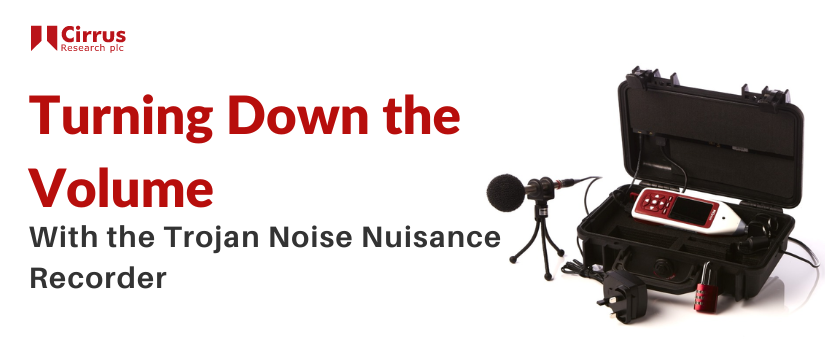You may have seen a story circulating the internet recently, about how a father reported his neighbour to the local council after she installed a so-called anti-child alarm to silence his playing children. The father-of-six, Mr Weldon, said the situation made his family feel like they were “prisoners in their own home”, after the use of the mosquito alarm caused his children to cry-out in pain, and deterred them from going outside to play. The neighbour who installed the alarm, Ms Cooper, argued in her defence that the alarm was only ever used when she felt like her property was at risk and that the noise emitted from the alarm could only be heard by children and young people. But how do these mosquito alarms work? Why don’t adults hear the noise and why is it that these alarms only seem to affect children?
Anti-child alarms emit high-frequency sound
Anti-child or mosquito alarms work by emitting a super high-frequency sound that only children and young people can hear. Not quite as high-frequency as the sound produced by a dog whistle, but the principal is the same. The science behind this is quite easy to understand and thankfully doesn’t take someone with a PhD in physics or acoustics to explain: so let me have a go.
Humans are born with the ability to hear a whole range of frequencies, but as I’ve already alluded to, our hearing is not the greatest of all living things. Dogs, for example, can hear much higher-frequency sounds than humans. If we understand sound as simply being a chain of changing air pressures caused by higher or lower frequency sound waves, then we can understand that dogs’ ears can detect more subtle changes in air pressure, meaning that they can hear higher-frequency sounds. Not only that, but dogs have 18 muscles in their ears (compared to a human’s six) and longer ear drums, further helping the fine-tuning process of the sounds they hear.
As humans get older their ability to hear higher-frequency sounds wanes, as a natural process called presbycusis occurs, which refers to the ageing and dying of cells in the ears. With fewer cells, the ears cannot function at 100%, resulting in a loss of hearing. A healthy human has the ability to hear sounds between 0.02 and 16 kHz; these anti-child alarms emit a sound that is 17.4 kHz, so even at the height of one’s auditory health, these alarms are incredibly difficult to hear. Only the youngest humans with the highest number of healthy ear cells can detect these sounds, which is why they don’t affect older people.
If you’re interested in testing your own hearing and seeing how alive your ear cells are, watch this video and see how long you make it before you can’t hear anything. Sadly, I only made it to 14.06 kHz, which means I can hear less than the average human. Make sure you don’t have the volume too loud!
Presbycusis is different to noise-induced hearing loss (NIHL)
Unfortunately, there’s nothing that Cirrus offers or anything you can do to prevent presbycusis, as it’s just something that occurs with age. However, it is different to NIHL which is what all Cirrus products are intended to protect people against. NIHL is caused by damage to the ear as a result of prolonged exposure to excessive noise levels. The high noise levels cause the hairs in your ears to become over-stimulated, which leads to more oxygen being sent to the ears, resulted in the cells dying because of an ‘oxygen-overdose’. So there are ways to prevent this from happening; wearing ear plugs when you go to concerts, having headphones at a reasonable volume and wearing ear defenders at work are just some of the ways to save your hearing. If you run a noisy business or work somewhere that is noisy, there are legal obligations that require people to be adequately protected against noise-induced hearing loss.
The range of equipment that Cirrus provides is specifically designed to measure noise levels in loud environments, to help people take measures to protect people’s hearing. You can learn more about the equipment we sell here, and find out what it can be used for here.
Thanks to:
https://www.devonlive.com/news/celebs-tv/morning-anti-child-alarm-used-1815807#
https://www.scientificamerican.com/article/bring-science-home-high-frequency-hearing/
https://www.headstuff.org/topical/science/dogs-hear-better-humans/




